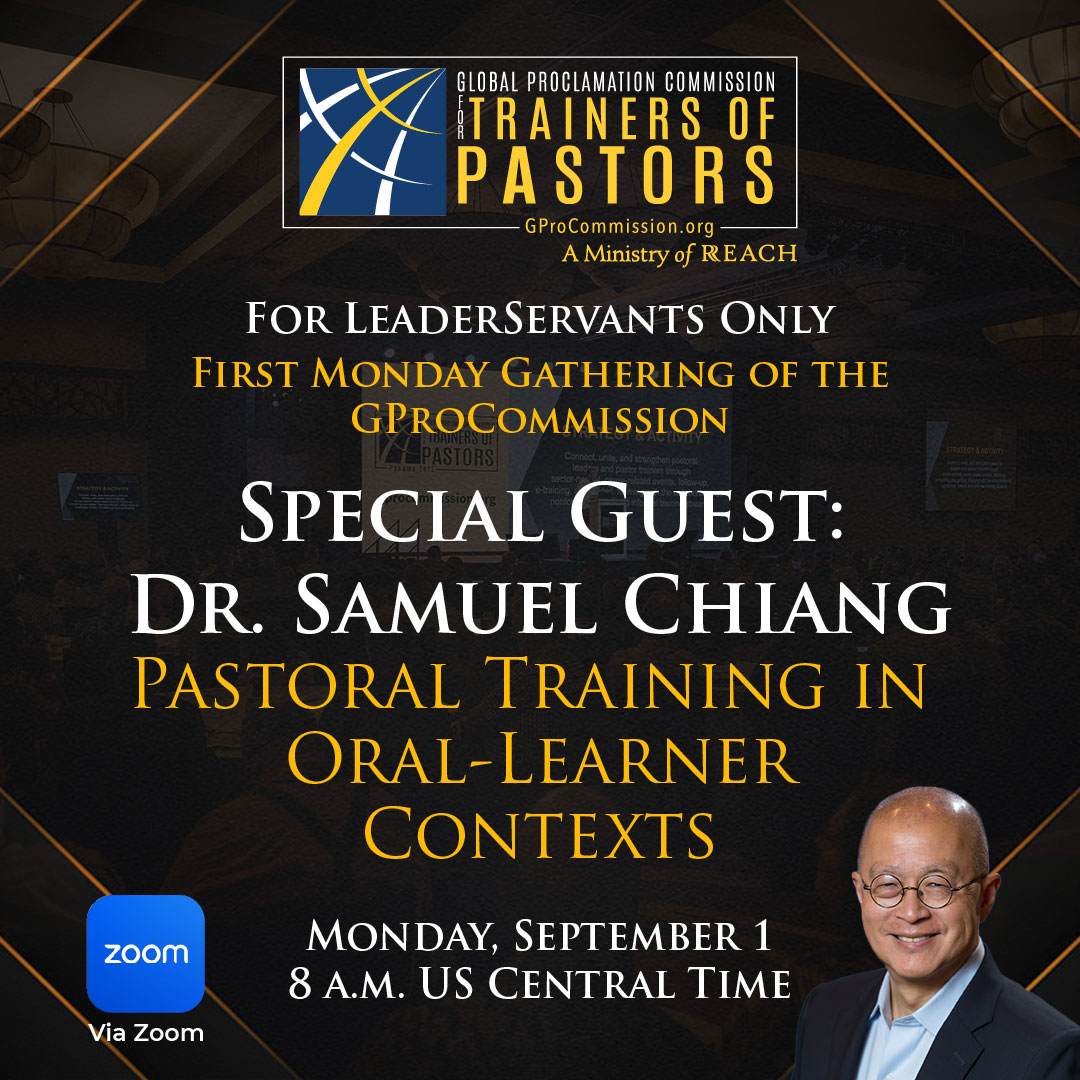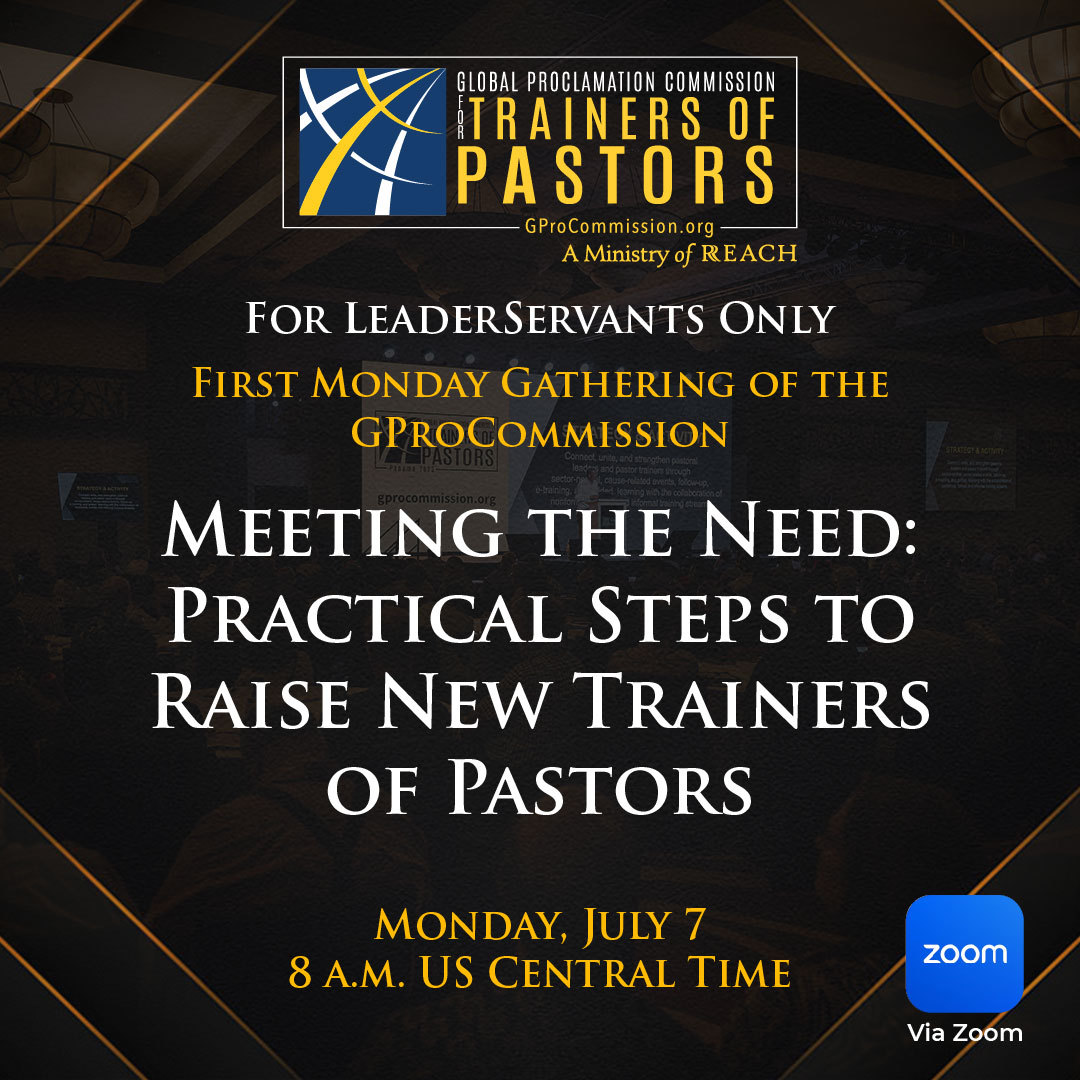Developing a plan to train trainers
Summary:
Craig Parro and Al Bridges emphasized the critical role of non-formal pastoral training in equipping pastoral leaders worldwide, complementing formal theological education and informal personal mentorship. Key strategies included prioritizing the development of new trainers, selecting individuals with the right character and capacity, and providing ongoing coaching and encouragement. Success in training was achieved through a relational, step-by-step process involving modeling, practice, feedback, and accountability. The importance of adapting to participants’ learning pace, keeping training simple, and continuously casting the vision for raising pastor trainers was also highlighted. Testimonies from the Philippines underscored the lasting impact of a collaborative approach, involving multiple pastoral organizations to train hundreds of new pastor trainers. The discussion concluded with a call to focus on multiplying trainers globally, especially in areas where church growth outpaced church health.
Reflective Questions:
- In your context, how has non-formal pastoral training impacted the growth and health of the church in your region?
- How can you ensure that you’re identifying and investing in individuals with the greatest potential to become effective trainers of pastors?
Action-Oriented Questions:
- What steps will you take to implement a relational and step-by-step process for training new pastors and raising trainers of pastors in your ministry?
- How can you collaborate with other organizations to enhance the reach and effectiveness of your pastoral training efforts?




